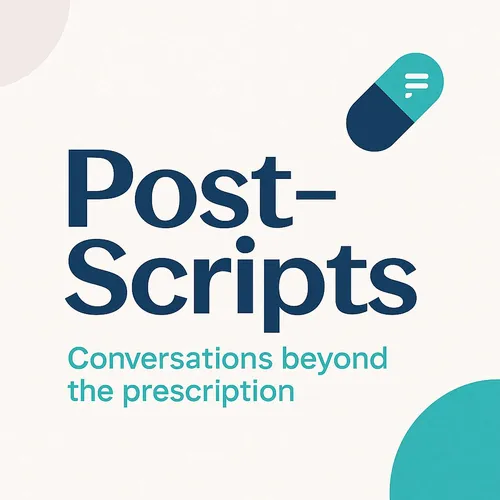Beyond the Prescription: Why Supply Chain Security Matters to Everyone
- Author
- PostrScripts Rx Team
- Published
- Thu 04 Sep 2025
- Episode Link
- None
What happens when the medications patients need simply aren't available? The answer is playing out right now across healthcare systems worldwide as pharmaceutical supply chains face unprecedented pressures.
The pharmaceutical industry stands at a crossroads as discussions around a potential 200% tariff on imported drug products force executives to confront uncomfortable truths about supply chain vulnerability. With China providing approximately 40% of active pharmaceutical ingredients used in American medications and 72% of manufacturing facilities located overseas, the stakes couldn't be higher. This isn't merely a procurement challenge—it's a strategic threat that touches every aspect of patient care.
The 2023 chemotherapy shortage offers a sobering glimpse into what happens when supply chains fail. Hundreds of hospitals faced critical shortages of common cancer treatments, forcing doctors to make impossible choices about rationing life-saving medications. This wasn't an isolated incident—over 300 drugs were in active shortage during that period, the highest number in nearly a decade. For patients awaiting treatment, supply chain disruptions quickly became life-threatening realities.
Forward-thinking pharmaceutical companies are responding by building redundancy into their operations, investing in predictive analytics to anticipate disruptions, equipping patient support teams with digital communication tools, and conducting rigorous scenario planning. The percentage of pharma leaders who view supply chain risk as a top strategic threat has jumped from 12% to 42% in just four years—a testament to the growing recognition that supply chain security directly impacts patient outcomes.
Subscribe to Postscripts for more insights at the intersection of pharmaceutical innovation, technology, and patient care. How is your organization preparing for the next supply chain disruption?
PostScripts Rx is not intended to constitute medical advice, nor is it intended to influence prescribing decisions or any other medical or clinical decision-making. All medical and clinical judgment and decision-making, prescribing decisions, and all related considerations remain exclusively the responsibility of providers and patients.
